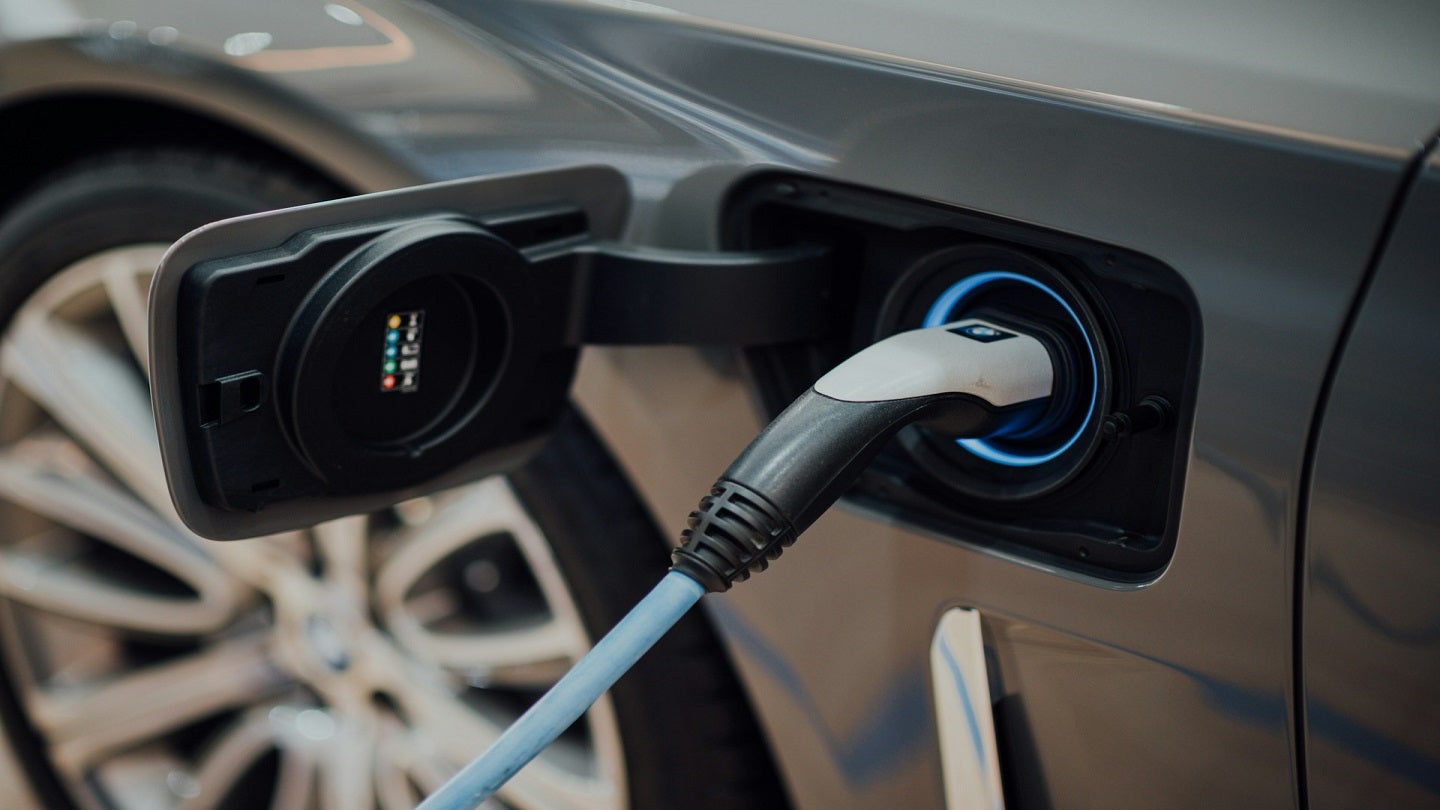
UK car production recorded an 8.4% decline in August, with 41,271 vehicles produced, as reported by the Society of Motor Manufacturers and Traders (SMMT).
This drop, representing 3,781 fewer cars, is in line with typical summer shutdowns and model transitions, particularly as manufacturers gear up for new electric vehicle (EV) production.
The ongoing decline reflects a year-long trend where factories are phasing out key models to retool for new, primarily electric, vehicles.
This shift follows a £24bn investment in UK automotive manufacturing announced last year.
Electrified vehicle production fell by 25.9% for the month, reducing its output share to 29.6%. However, this is anticipated to rebound as new models are introduced.
Domestic market production saw a significant decrease of 19.8%, a figure that is accentuated by the month’s low overall output and the fact that the majority of UK production is destined for export.
How well do you really know your competitors?
Access the most comprehensive Company Profiles on the market, powered by GlobalData. Save hours of research. Gain competitive edge.

Thank you!
Your download email will arrive shortly
Not ready to buy yet? Download a free sample
We are confident about the unique quality of our Company Profiles. However, we want you to make the most beneficial decision for your business, so we offer a free sample that you can download by submitting the below form
By GlobalDataIn contrast, exports dipped by only 5.9%, mainly due to model changeovers for the EU market.
The EU remains the largest export destination, accounting for 49.8% of total exports, followed by the US, China, Japan, and Australia, with the latter two markets showing growth.
Year-to-date figures indicate that UK car production is down by 8.5% at 522,823 units, although output for the UK market has risen by 12.3% despite the decline in August.
SMMT CEO Mike Hawes said: “With the traditional summer shutdowns and factories prepping to switch to new models, August was always going to be a quieter month for output.”
He also remains optimistic about future growth, citing last year’s record investment levels.
Hawes added: “Labour’s Automotive Sector Plan, launched at their Party Conference a year ago, should be the blueprint with its proposals for cheaper, green energy, skills investment and the cultivation of healthy markets here and abroad. These are the measures that would enable the industry to drive economic growth in every part of the country.”






